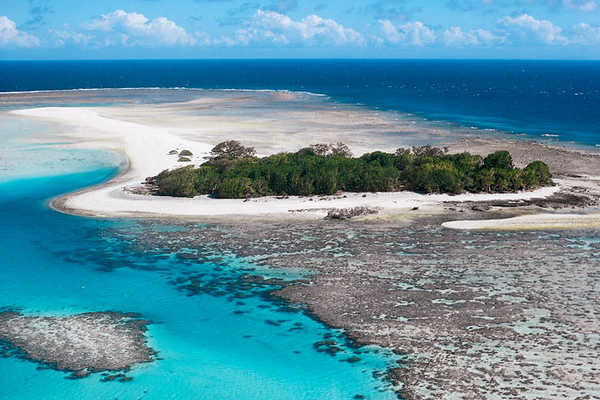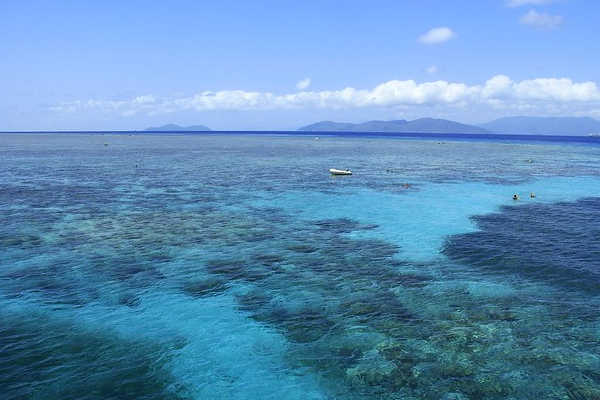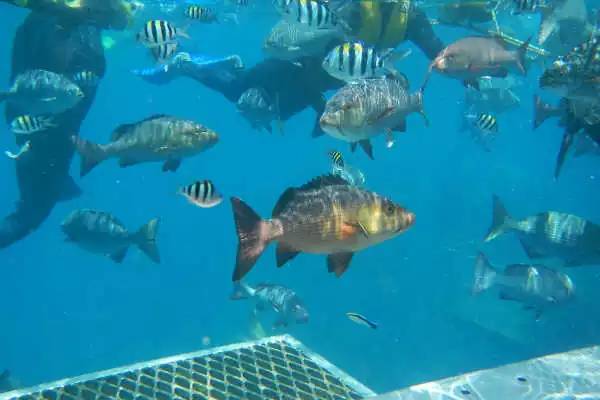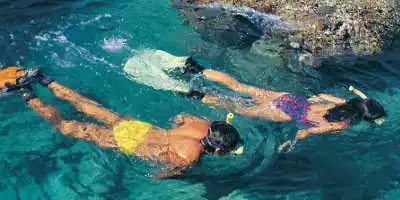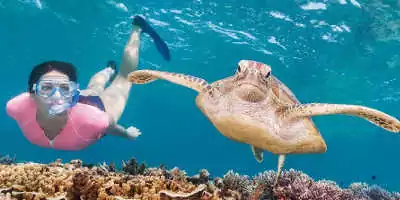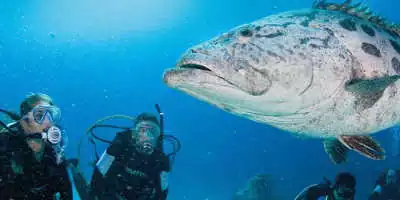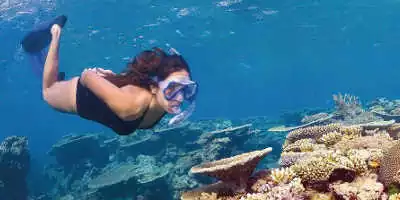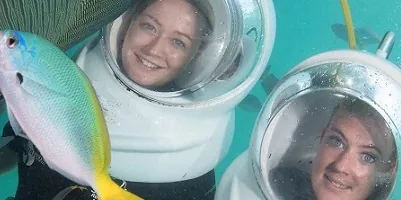
Why is the Great Barrier Reef so important?
Written by: Cameron Ward
Published: 09/18/2019
Reading time: 4 mins
It’s far more than a colourful tourist attraction. Here’s why we need to appreciate our wonderful reef!
It’s common knowledge that the Great Barrier Reef is in grave danger. Global warming is creating inhospitable seas and, if something isn’t done, then we could lose the entire coral ecosystem. But what happens if we lose the reef? Will it have much of an impact? The answer is yes. Here is why the reef is so incredibly important.
-
Reefs protect coastlines
Coral reefs form barriers for coastlines, acting as a buffer from the waves and storms that come in from the open ocean. For many towns and cities, if coral reefs were no longer there, then they could find themselves battered and bruised by the incoming elements.
-
They provide essential habitats
One of the most well-known features of coral reef is the incredible diversity of life which it contains. If the reef was to disappear, then so would the homes of over 1,500 species of fish, over 100 species of sharks and ray, 30 species of whales and dolphins and 6 varieties of sea turtle. Not to mention, the 600+ varieties of coral that would be lost.
-
Medical research
Over the years, scientists have used the study of coral reefs to develop new medicines to treat asthma, arthritis, heart disease, and cancer, amongst others. This has been achieved by isolating chemical compounds found within the reef and utilising them to help in the treatment of disease. Scientists are also studying creatures like clams to examine the ageing process as well as other creatures to investigate their anti-viral and antibacterial properties.
-
Purification of the water
Most corals are filter feeders, taking the impurities from the sea and leaving behind clear, healthier waters. Without them, the seas would be a murky place, with sediment and particles clouding the environment.
-
Absorption of carbon dioxide
Coral reefs are living organisms, and they play a crucial role in our environment by recycling carbon dioxide from the atmosphere. This happens when the algae that live on the corals absorb the carbon dioxide from the air and use it for photosynthesis. The coral polyps then feed upon the algae and deposit the carbon in the form of limestone, which builds up the rocky structure of the reef. So, just like trees, coral reefs help to slow climate change.
-
It supports healthy fishing industries
Many parts of the world rely on fish as one of their primary sources of food. Therefore, a healthy fishing industry is essential. Coral reefs provide a safe haven for fish to reproduce and for the young offspring to grow. If the reef was no longer there, then the young fish would struggle to survive.
-
It generates billions of dollars for Australia
The thriving tourist industry, amongst other things, generates around $6 billion for the Australian economy each year. With hundreds of thousands of people relying on the reef for their income, the effect of it disappearing would be devastating.
-
Climate tracking
Some structures of the reef could be millions of years old! Corals have been slowly depositing limestone over the years and these rocky formations are like time capsules. Recording weather patterns and coral growth. Scientists can study ancient rock samples to track important climatic events over the past thousands of years and track the current state of global warming.
It’s unlikely that anyone can accurately predict what will happen if the reef disappears, but one thing is for sure, the impact will be big. In the meantime, everyone can do their part to combat global warming and hopefully, we can save our fantastic reef!
Related article: Tourism and Conservation of the Great Barrier Reef

